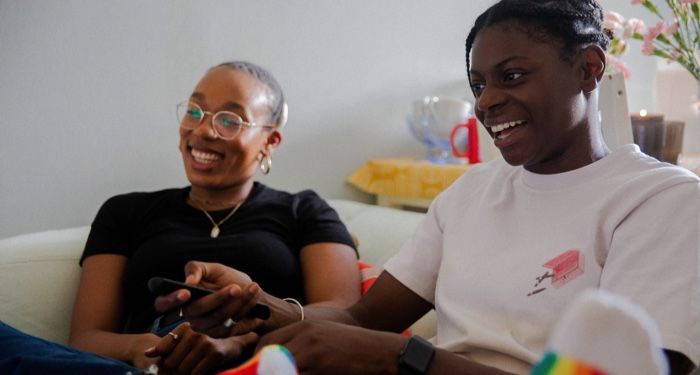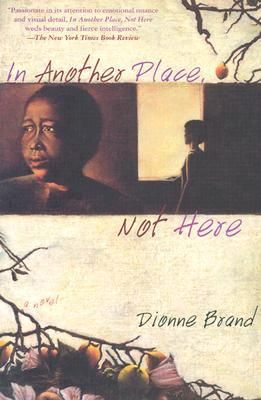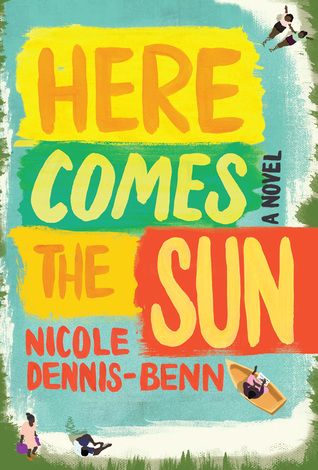
8 Remarkable Black Lesbian Fiction Books To Add To Your TBR
Black lesbian fiction was a result of the feminist movement of the 1960s and ’70s. Black authors and activists were highly dissatisfied with how Black women and their issues were represented. So, they took things into their own hands and amplified the voices of Black women by incorporating intersectional feminism into their works.
While the queer movement in literature has a legacy of its own, the stories of Black lesbian women often get lost. Now that decolonizing our bookshelves has become pivotal to toppling white supremacy in the literary industry, this fascinating sub-genre of literature must be included in our respective TBRs.
The protagonists exist in the intersection of racism, sexism, homophobia, and humanity’s propensity for survival, trumping all odds. They not only facilitate in broadening our horizons but also holds a mirror to the unhealthy culture we have been brought up in. They help reevaluate our innate beliefs, check our conditioning, and also opens us up to an entire world of authors whose sociopolitical commentary is of utmost importance to the process of unlearning. Therefore, this list of Black lesbian fiction can be a good place to start for someone who wishes to expand their literary landscape and venture into the world of top-tier literature! Happy reading!

Under The Udala Trees by Chinelo Okparanta
When civil war breaks out in Nigeria, Ijeoma is only 11. When she is sent away for her safety, she meets another girl and falls for her. As her nation comes of age, so does she. When this side of hers is revealed, Ijeoma realizes she needs to hide it from the world as living and loving freely is always frowned upon by her society. A lovely story of sexual awakening amidst political unrest and how the heart goes on loving despite how much violence it is subjected to, this novel is unputdownable from the start!

In Another Place, Not Here by Dionne Brand
This is a Black lesbian fiction book about two Caribbean women who find solace in each other amidst political upheavals. Elizete wishes to evade the island where her home is and move to a place where existing doesn’t feel like a war. Verlia has returned to the same island, hoping for a revolution. Poetic and thought-provoking, the unique writing style and fascinating story arc will make you want to revisit this book again and again.

Here Comes The Sun by Nicole Y. Dennis-Benn
Being taught to capitalize on her sexuality to make ends meet, Margot is determined to protect her sister, Thandi, from walking down the same lane. When she comes to know of the plans of a new hotel threatening her village, for the first time, she realizes an opportunity for economic independence and a chance to admit her love for another woman. As their community life is disrupted, each woman must deal with her past wounds and find a balance between the responsibilities they have and the freedom they desire.

Coffee Will Make You Black by April Sinclair
Set in the ’60s of Southside Chicago, this story follows Stevie, a young Black woman growing up amidst the Civil Rights and Black Power movements. The book is based on a time when the representation of Black people in mainstream media was little to nonexistent. Stevie tries her best to fit in, but after Dr. King’s assassination, she decides to rebel against the system in her own way and refuses to use bleach on her skin. She is also baffled at how she can be more attracted to her school nurse than her teenage boyfriend. Stevie’s story of sexual and sociopolitical awakening is important and unputdownable, to say the least!

Say Jesus And Come To Me by Ann Allen Shockley
After the brutal harassment of two prostitutes, Reverend Myrtle Black visits Nashville to organize the local women in protest and call out the rampant racism and sexism plaguing their society. This is when she meets Travis Lee, a woman who has hit rock bottom and seeks nothing but peace. However, things get complicated soon as Travis experiences a deep emotional and physical connection to Myrtle. Will society accept a love like theirs, or will their lives be subjected to harsh scrutiny for walking the path of loving freely?

Pieces Of Her by A.C. Mims
Naima and Tasha seem to have the dream life! Their daughters are adorable, and they live in a beautiful neighborhood. Then Allison comes into scene, inciting Naima’s long-buried desires. Will she walk away from everything she has built so far so to explore her true self? And is this long-lost self of hers who she still wants to be?

Niya: Rainbow Dreams by Fabiola Joseph
Even after being outed by her best friend, Niya is still trying to grapple with the part of herself that likes girls. Before pursuing her dream of becoming a rock star, she needs to first accept every bit of her identity. Jamilla’s home life is weighing her down. Compelled to face extreme monstrosity every day, she is slowly giving up on life. This is when she befriends Niya and thus unfolds a story of unconventional friendship and high sexual tension.

The Heart Does Not Bend by Makeda Silvera
When Maria dies, she leaves everything to her grandson while her granddaughter, Molly, is left to deal with the bitterness Maria has always had for her. Molly walks down memory lane and reminisces about the times in her childhood when she has received her grandmother’s unadulterated generosity. Does the love Molly harbors for another woman paint her in a bad light in her grandmother’s eyes? This book is a nuanced and complicated story featuring strong female characters and how sometimes we need to free ourselves from stifling love to be who we are.











